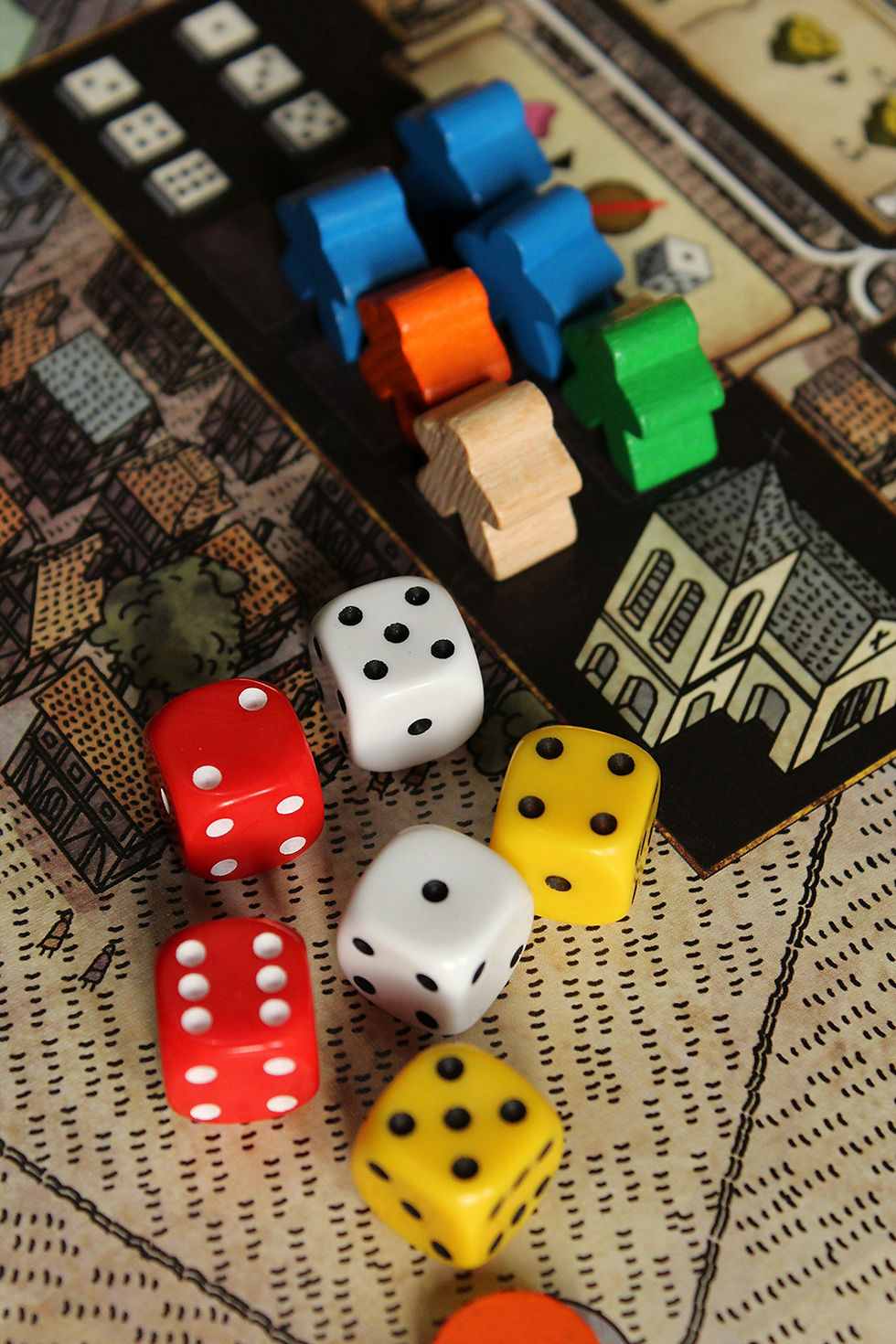
“Technology.”
What comes to mind when you hear Silicon Valley types bandy this word around? Your laptop? Your mobile phone? How about a Tesla Model S?
Good. Hold that train of thought and jump back 500 years. What would cutting-edge technology look like to our medieval predecessors? The printed book? A man-of-war sailing ship? A mechanical clock?
How about 2000 years ago? It’s hard to imagine but some examples would be paper, concrete, and glass-blowing.
The further back we go, the more surprising it gets, partly because of how useful these technologies still are today, and how little they’ve changed. What’s fascinating is that board games, as a technology, is even older than paper and concrete. The first board game made its appearance in human history more than 7000 years ago.
Board games may be fun but they serve very specific purposes. Going to the office is a relatively recent phenomenon. For most of human history, work involved hard physical labour - we got to eat only by the sweat of our brows. In this context, board games offered people a meaningful way to spend their downtime, a welcome diversion from work. Board games also gave people an opportunity to compete with themselves, each other, or the game, and gain satisfaction from winning or excelling at something. Most importantly, board games provided a shared communal experience of playing (and watching a game being played) together.

To meet these ends, board games combine very specific components to bring about the experience of competition and fun. Rules that govern how pieces are moved or what actions players can take solidify into game mechanics. Play pieces like tokens, dice, boards, or cards made from available materials and familiar motifs make them relatable to players. The board game itself may be situated within an imaginary story to help players make sense of otherwise arbitrary rules.

To clarify though, I don’t think the first inventor(s) of board games sat down, wrote the above objectives in the sand, and started systematically inventing stuff. But I imagine them getting bored by the daily toil of work, letting their minds wander, taking inspiration from the world around them, and experimenting with simple objects and ideas - all in a bid to squeeze out a few ounces of joy from life. I imagine incremental steps taken over several months, years, or generations before people realised just how much they enjoyed playing together. And then I imagine it spreading - from one village to the next, and from one region to the next. As the board game crosses cultural and geographical lines, new people add or subtract components and make subtle changes to the board game to suit their preferences.
Or what is equally likely, different board games, developed independently by different peoples, spread and cross-pollinate to form new variations. Over a 7000 year window, it’s not too hard to imagine how classical board games like backgammon, chess, go, or checkers emerged. These old favourites are still played today but new ones are being published by the hundreds every year.
There’s a board game for every conceivable theme. Choose to play a gnomish miner digging your way to treasure (Saboteur), a traitorous knight in King Arthur’s court (Avalon), a railroad mogul connecting distant capitals (Ticket to Ride), or a maverick governor building up your own city (Machi Koro). Whichever board game you pick, know that what you’re playing is merely the latest incarnation of a very old technology that stretches back to the start of human civilisation.

Comments